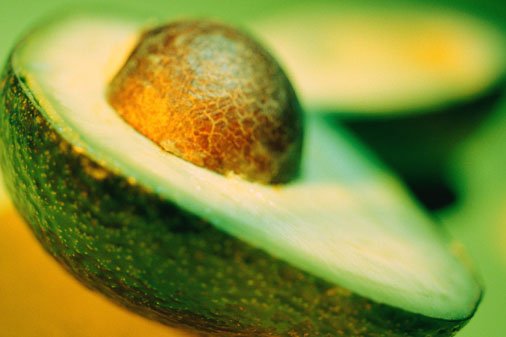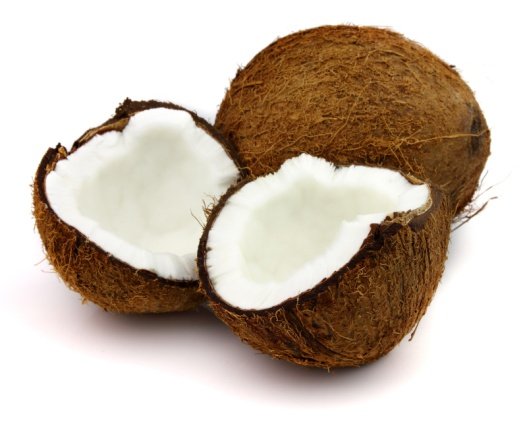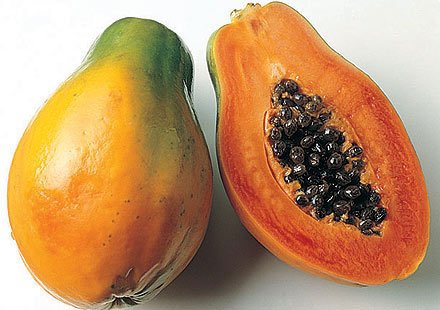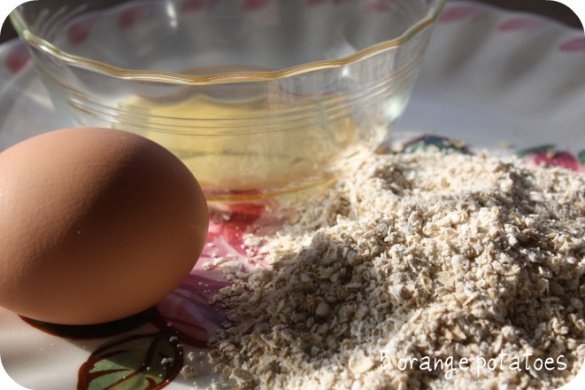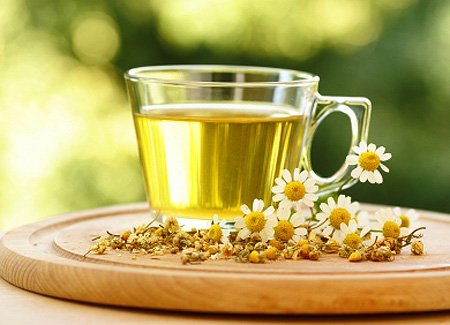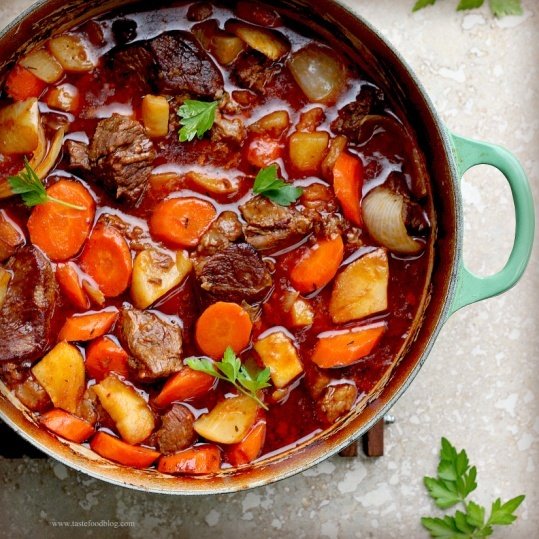Let Your Beauty Glow This Winter
We all know the realities of winter - frozen fingers and toes, hair that goes frizzy under a woolly hat, dry cracked lips, red irritated skin patches on the face... A far cry from all those gorgeous beauties with radiant complexion shot against breathtaking snowy landscapes in glossy magazines. Is there anything we can do to help our skin cope better with freezing temperatures, lashing rain, harsh wind and hot indoor air dried out by central heating?
Your normal skin care routine – cleansing, moisturising, nourishing – will have to be adjusted for winter. This means harsh scrubs should be replaced by gels or gentle foaming cleansers preferably containing some natural oils. Water based moisturisers should be swapped for oil based ones during this time of year. Alternatively, you can use avocado mask with the same success.
Moisturise
Mash half an avocado with a fork to a creamy consistency, add 1 tbs of honey, 1 tbs of plain live youghurt and apply the paste evenly to the face and neck. You can cover the eyes with cucumber slices. Leave the mask for 15 minutes, then wash it off with lukewarm water and pat dry the face and neck. Avocado mask is a real treat as it is cleansing, moisturising and nourishing – all three beauty steps rolled into one. It is used in spa facials but is easily done at home. If your skin is oily, you can add 1 egg white and 1 tbs of freshly squeezed lemon juice to tighten the pores. Avocado is rich in many vitamins and minerals including zinc and vitamin E, is extremely nourishing and soothing to the skin and therefore suited to treat most skin problems. Avocado oil is a good source of collagen which is essential for skin elasticity.
Those with particularly dry skin can use primrose or almond oil for moisturising. If your skin is prone to wrinkles or very dry, dab some pure 100% organic coconut oil over your face and neck and leave overnight. You will be amazed how supple and soft your skin will look in the morning! Coconut oil is a good all-rounder – it can be used on dry patches anywhere on body, including your feet. If you apply coconut oil regularly to cracked dry heels and wear night socks, the problem will fade away.
Nourish
Your skin needs nourishing in winter even more than in the summer because we get less vitamins as most fruit, summer vegetables and berries are out of season, and the ones sold in supermarkets have been picked unripe, brought from half across the globe and do not contain the same nutrients as the local produce in its proper season. Nourishing masks become very important. Banana or papaya are ideal for this purpose. Mashed ripe banana can be used on its own or with a tablespoon of honey and 10 drops of lemon juice. A good source of Vitamin A and enzyme called papain, papaya helps in removing dead skin cells and breaking down the inactive proteins, removing blemishes, reducing acne spots and inflammation. AHA’s (Alfa-Hydroxy Acids) abound in papaya to offer beneficial anti-aging properties. Although AHA’s are fairly mild, the presence of fruit acids and enzymes means that you should not leave papaya mask on the skin for more than 5 minutes if your skin is sensitive and leave a clean area around the eyes to avoid irritation. Equally you can just rub the peel on the face after eating papaya and then wash it off in about 5-7 minutes.
An oatmeal mask is a great remedy for skin beaten by a cold wind. Mix together raw oatmeal flakes, egg yolk and honey in equal proportions. Keep the mask on your face for about 20 minutes, wash with lukewarm water and pat dry. After the mask, your skin will feel soft, refreshed and healed.
Go Natural and Organic
Be vigilant when choosing your beauty products. It is wise to avoid alcohol in your toners, cleansers and creams in winter as it can be drying and irritating to the skin, especially so when the weather turns cold and windy. There are many nasty chemicals in mainstream industrial cosmetics that are known hormone disruptors and potential carcinogens. They accumulate in the body and damage the skin, so it is very important to check the ingredient list of the personal care products. Go for ethical brands using natural plant based rather than synthetic ingredients.
Protect
Don’t forget to use sun cream to protect your skin against ultraviolet light if you go skiing or if the winter days are really sunny. You can also use natural creams containing resveratrol, a polyphenol compound found in red grapes skin and red wine. It demonstrated powerful antioxidant properties, which help to reduce damage to cell DNA and cell membranes, fight the damage caused by free radicals and stave off skin ageing.
Hydrate
We tend to drink more water in the summer months when it’s hot but we need to keep well hydrated in winter as well. Most of us have little desire to drink water when it’s cold, so we switch to tea and coffee, forgetting that they are diuretic and lead to losing water rather than truly replacing it. The trick is to drink hot water (it’s not as boring as it sounds!) and a variety of herbal teas.
Eat seasonally
Leave ice cream, milkshakes and raw salads till warmer days – instead turn to warming soups, stews, curries, casseroles and stewed fruit with warming spices. We need to move with the rhythms of nature. The body goes into a ‘storage’ mode in winter time and needs to be nourished properly to be able to keep warm in cold weather.
Don’t forget that skin reflects the state of the whole body. We need to take care of our beauty from within.
© Marina Townsley, ND
Master Herbalist AMH, Nutritional Therapist BANT


